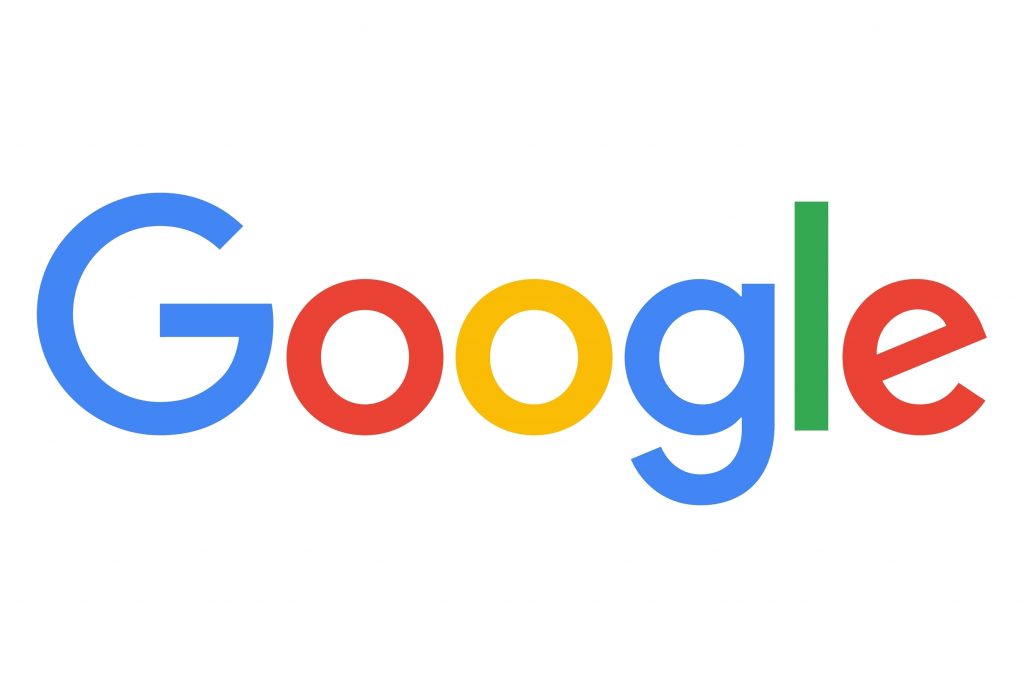The Digital Markets Act (DMA) is set to take effect in March, ushering in significant changes for tech giants. Google, a key player affected by the regulations, is making adjustments to comply with the DMA’s provisions.

Google’s Compliance Measures
Starting March 6th, Android users in the European Economic Area will encounter a browser selection screen during initial device setup. Simultaneously, a similar feature will be integrated into Chrome, allowing users to choose alternative search engines. These changes align with the DMA’s goal of fostering fair competition among digital services.
Addressing Shopping Search Results
In response to the DMA, Google is testing alterations to its search results presentation in Europe, giving priority to links from price comparison sites over individual products or companies. This move follows a 2017 EU regulatory fine of €2.42 billion, highlighting concerns about Google’s use of its dominant position to favor its product comparison service.
Beyond Search: Diversified Service Compatibility
The DMA categorizes Google as a gatekeeper, mandating impartial treatment of services on its platforms. The legislation also emphasizes service compatibility and the removal of pre-installed software from devices. Additionally, Google aims to empower European users by allowing them to limit data transfer between various services like YouTube, Chrome, and Google Play, notes NIXSolutions.
Broader Implications for Tech Giants
It’s not just Google grappling with the DMA’s impact; five other tech giants, including Amazon, Apple, ByteDance, Meta, and Microsoft, find themselves listed as gatekeepers. While Google acknowledges the DMA’s aims for consumer choice and interoperability, the company expresses concerns that some rules may inadvertently limit options for individuals and businesses in Europe.
